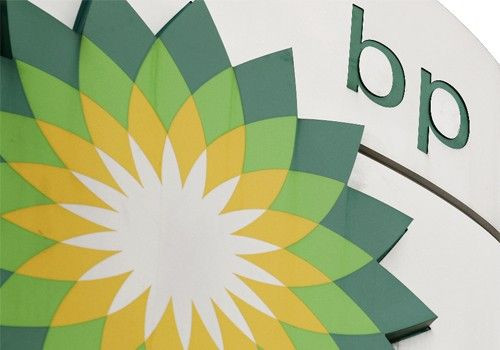BP, eight others sued by U.S. govt for Deepwater oil spill

The U.S. Department of Justice (DOJ) has filed a civil lawsuit against energy giant BP Exploration and Production Inc. and eight other companies, accusing them of violating the Clean Water Act and has asked the court to hold them liable without limitation under the Oil Pollution Act for all removal costs and damages caused by the oil spill, including damages to natural resources.
According to the lawsuit filed last Wednesday in the U.S. District Court in New Orleans, BP and eight other companies viz. Anadarko Exploration & Production LP, Anadarko Petroleum Corp., MOEX Offshore 2007, Triton Asset Leasing GMBH, Transocean Offshore Deepwater Drilling Inc., Transocean Deepwater Inc. and Transocean's insurer, QBE Underwriting Ltd./Lloyd’s Syndicate 1036, had violated federal safety and operational regulations which caused or contributed to the oil spill that began on April 20, 2010 when an explosion and fire destroyed the Deepwater Horizon offshore drilling rig in the Gulf of Mexico, approximately 50 miles from the Mississippi River delta.
The complaint states that the defendants had violated important safety and operating regulations in the period leading up to the April 20, 2010 Oil Spill, including:
* Failing to take necessary precautions to keep the Macondo Well under control in the period leading up to the April 20th explosion;
* Failing to use the best available and safest drilling technology to monitor the well’s conditions;
* Failing to maintain continuous surveillance; and
* Failing to use and maintain equipment and material that were available and necessary to ensure the safety and protection of personnel, equipment, natural resources, and the environment.
QBE/Lloyd's can be held liable only up to the amount of insurance policy coverage under the Oil Pollution Act and is not being sued under the Clean Water Act.
Halliburton, which did the cementing for the well, or Cameron International which provided well equipment, were not named in the lawsuit but the DOJ officials have made it clear that more defendants and charges could be added later.
We intend to prove that these violations caused or contributed to this massive oil spill, and that the defendants are therefore responsible - under the Oil Pollution Act - for government removal costs, economic losses, and environmental damages, U.S. Attorney General Eric Holder said in a statement.
We are also seeking civil penalties under the Clean Water Act, which prohibits the unauthorized discharge of oil into the nation's waters. We allege that the defendants named in this lawsuit were in violation of the Act throughout the months that oil was gushing into the Gulf of Mexico. And we intend to hold them fully accountable for their violations of the law, Holder said.
This action, Holder said, will become part of the multi-district litigation pending before Judge Barbier in federal court in New Orleans. Barbier is overseeing hundreds of private lawsuits involving thousands of plaintiffs against BP and its partners. The judge has a status hearing set for Friday.
Even though the spill has been contained, the Department's focus on investigating this disaster and preventing future devastation has not wavered. Both our civil and criminal investigations continue, and our work to ensure that the American taxpayers are not forced to bear the costs of restoring the gulf area and its economy is moving forward, the attorney general said.
BP has responded to the lawsuit by asserting that the lawsuit was solely a statement of the government's allegations and does not in any manner constitute any finding of liability or any judicial finding that the allegations have merit.
BP will answer the government's allegations in a timely manner and will continue to cooperate with all government investigations and inquiries, the company said.
If BP is found guilty, under the Clean Water Act, the U.S. government is permitted to impose a fine of $1,100 for every barrel of oil spilled. The Gulf of Mexico oil spill led to the spilling of around 4.9 million barrels of oil. Fines range from $1,100 a barrel spilled to as high as $4,300 a barrel if gross negligence is proved. This adds up to a total fine of $21 billion.
However, if the company can successfully argue that it should not be punished for the 800,000 barrels it managed to contain, the fine drops to $17.6 billion.
This amount does not include the additional fines the DOJ could seek for harm to any animals protected by the Endangered Species Act and the Migratory Bird Treaty Act, among other environmental laws.
Not surprisingly, since the April 20 explosion aboard the drilling rig that sank and triggered the oil spill, BP has been selling its assets and amassing a massive war chest to pay for damages caused by the oil spill, which analysts have pegged between $20 and $100 billion. Last month, the energy giant also lifted its estimate of the likely cost of its Gulf of Mexico oil spill to $40 billion.
© Copyright IBTimes 2025. All rights reserved.





















